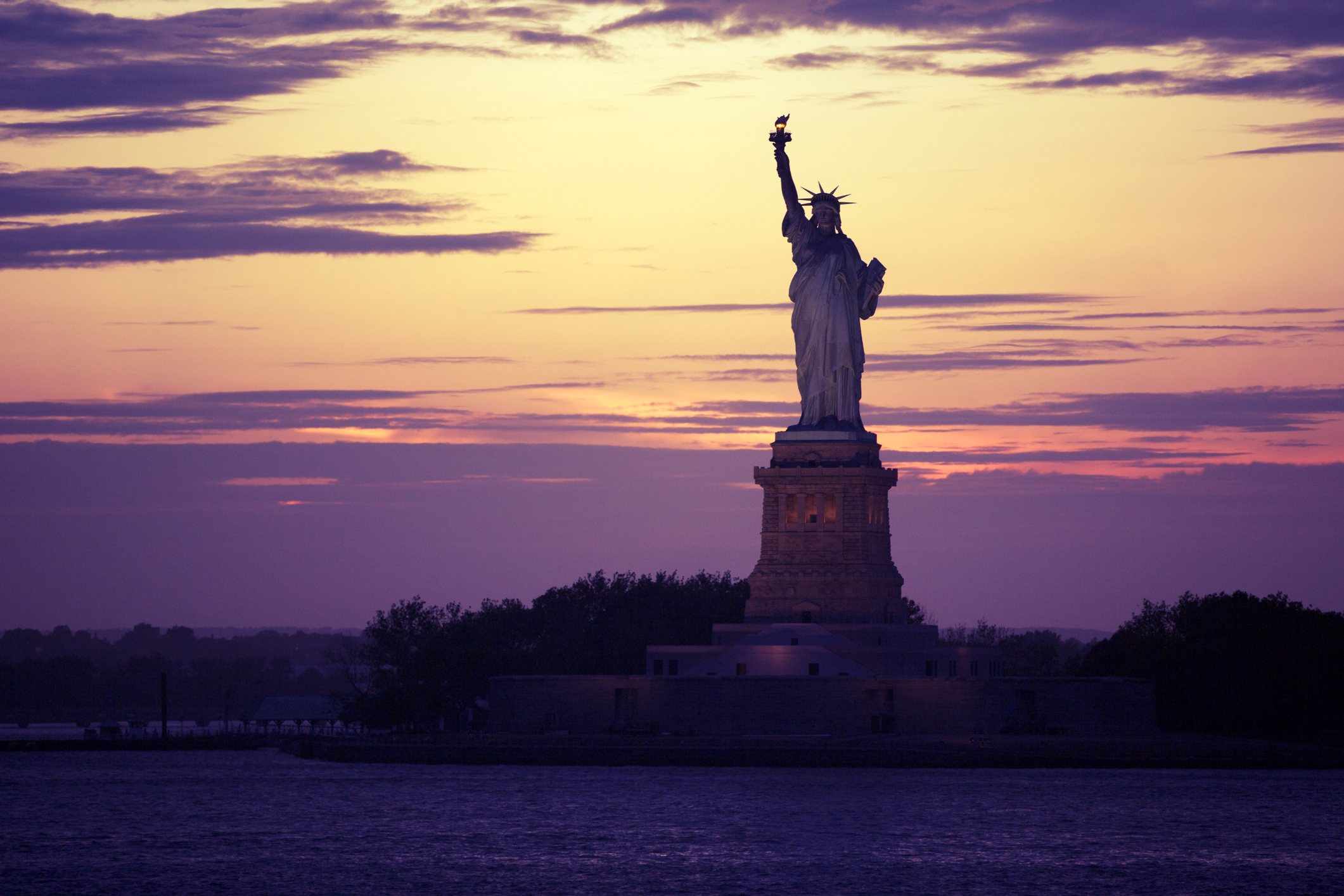Freedom and Democracy Since 9/11: Freedom and Democracy at Home

This is an online event via Zoom.
Perhaps no other event in the last 20 years has had more enduring and global repercussions than the attacks of 9/11. In response, the United States restructured the federal government, passed the USA Patriot Act and launched the global war on terror that extended to Afghanistan, Iraq and countless other countries. “Freedom” and “democracy” served as the rallying cries of such efforts, especially in response to terrorists portrayed as enemies who “hate our freedoms.” Twenty years later, America’s—and Americans’—commitments to freedom and democracy, both at home and abroad, warrant renewed reflection and deeper scrutiny.
On the twentieth anniversary of the September 11 attacks, the Center for the Study of Religion and Conflict, in conjunction with the Center on the Future of War, is sponsoring a two-part conversation on the legacy and lessons of 9/11. These panels will give particular attention to how the forces of nationalism, populism, isolationism and nativism have shaped—and are shaping—Americans’ lives and the nation’s engagement in the world. Throughout, religion has occupied a central yet always varied place in the reaction to, and analysis of, these pivotal events and influential forces.
The first panel in a two-part series—Freedom and Democracy at Home—will ask panelists to consider whether and how the promise and pursuit of freedom and democracy in the United States has changed since 9/11. What do Americans mean by these terms freedom and democracy, and have we always thought about these notions in the way we do today? Did U.S. responses to 9/11—including the passage of the Patriot Act, mass surveillance campaigns and the establishment of secret courts—undermine commitments to freedom and democracy, and if so, how? Is there a connection between the way we conceived of freedom and democracy post-9/11 and the way these ideals are used today? Given the threats we face today—the Covid pandemic, the January 6 insurrection, restrictions against voting rights and the rise of extremist hate groups—what does the future of freedom and democracy in the U.S. look like? What is the role religion has played—and will play—as the struggle for religion and democracy evolves?
Please join us and our panelists:
Anand Gopal is an award-winning journalist, Type Media Center fellow and assistant research professor at the Center for the Study of Religion and Conflict and Center on the Future of War. His reporting on democratic movements, political violence and the human costs of war in Syria, Iraq and Afghanistan has appeared in The New York Times Magazine, The Atlantic, the Wall Street Journal and elsewhere. His book, “No Good Men Among the Living: America, the Taliban, and the War Through Afghan Eyes,” won the Ridenhour Book Prize, and was a finalist for the Pulitzer and National Book Award.
Craig Calhoun is University Professor of Social Sciences at ASU. A social theorist and historical and comparative sociologist, Calhoun’s focuses on democratic movements, the roots of radicalism and transformations of capitalism. Before joining ASU, he was director of the London School of Economics and Political Science, president of the Social Science Research Council (SSRC) and a professor at NYU, Columbia and UNC-Chapel Hill. The author of 10 books, his most recent work is “Degenerations of Democracy” (with Charles Taylor and Dilip Gaonkar), forthcoming from Harvard University Press.
Rozina Ali is a contributing writer for The New York Times Magazine, a fellow at Type Media and part of an ASU research team investigating the lived experience of post-9/11 mass detention and surveillance. Her reporting and essays on the Middle East, the war on terror and Islamophobia in the United States have appeared in The New Yorker, Foreign Affairs, The Nation, the Guardian, New York Times, Al Jazeera America, Foreign Policy and others. She was on the editorial staff of The New Yorker from 2015-2019, served as a senior editor at the Cairo Review of Global Affairs and a deputy editor for The Economist.
Moderator:
John Carlson is interim director of the Center for the Study of Religion and Conflict and associate professor of religious studies at Arizona State University where he also co-directs the Recovering Truth project. A religious ethicist, he is co-editor of “From Jeremiad to Jihad: Religion, Violence, and America” and has written extensively on issues of war and peace, religion and violence, justice and human rights and democracy and civic life.

